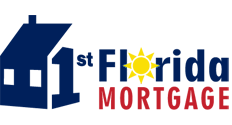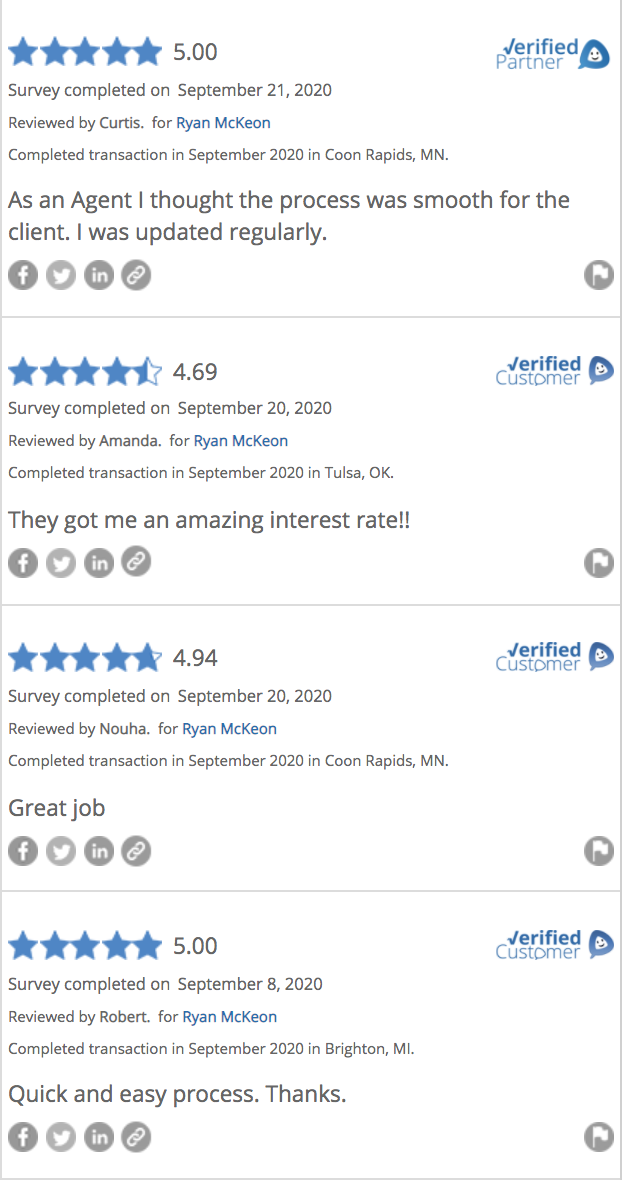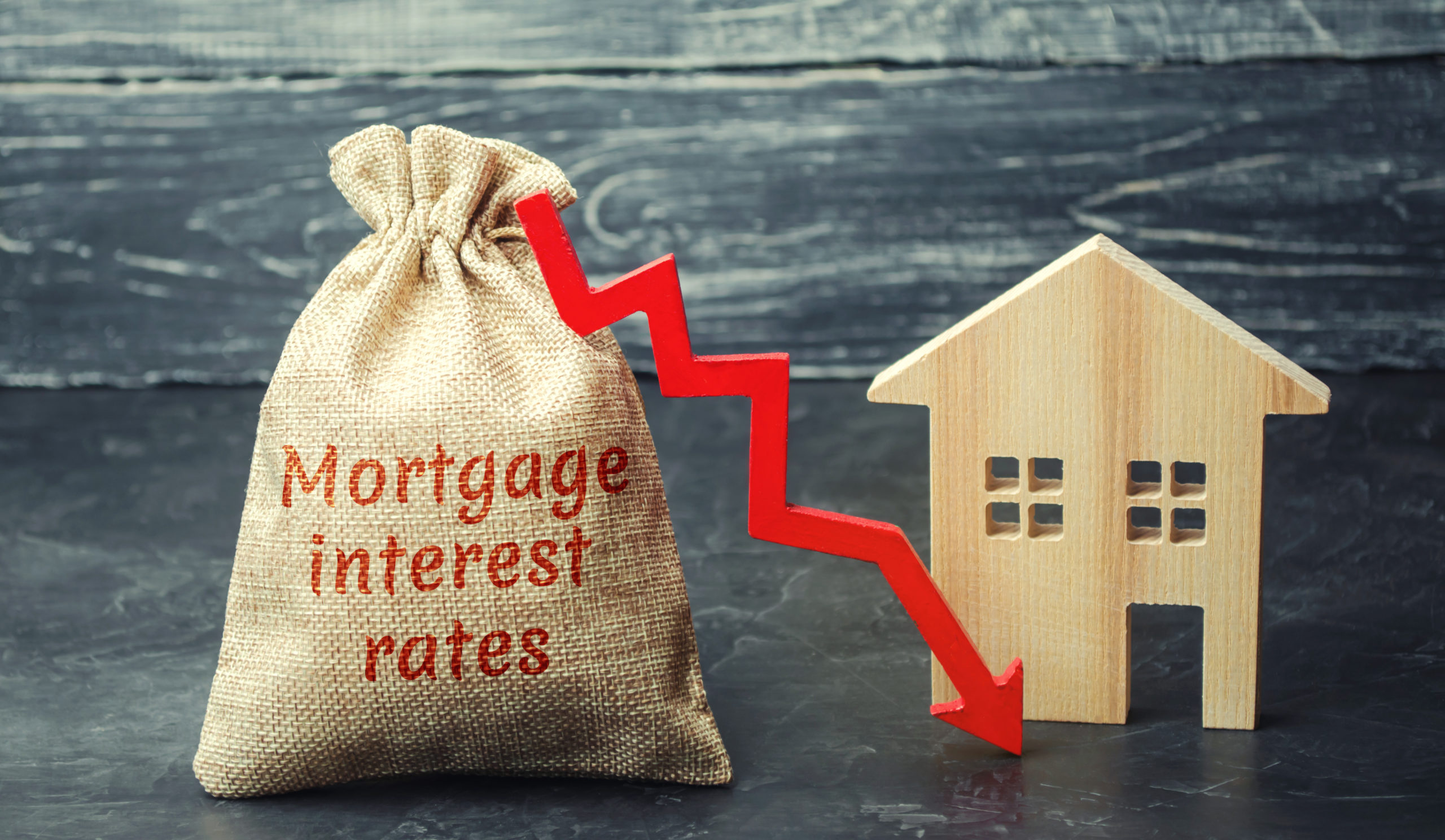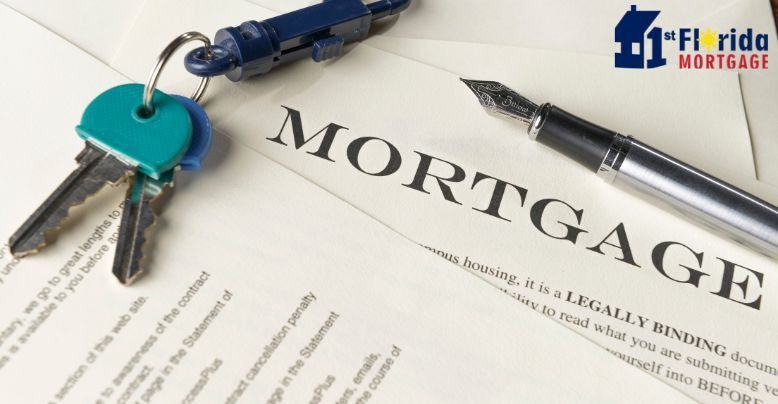
The mortgage industry examines a number of factors to determine not only if you qualify for a mortgage, but also what interest rate you’ll pay. An excellent rate on a mortgage is about a lot more than comparison shopping. It’s also about much more than just your credit score. Mortgage rates can differ by several percentage points—and that difference can mean a much higher or lower monthly payment and tens of thousands of dollars in interest payments over the life of the loan.
Credit Score
Mortgage lending practices means rates are adjusted based on various criteria. One of the main criteria used is your FICO credit score. Your credit score will help to determine whether you qualify for the loan and what rate you’ll pay on your loan. And, there is an inverse relationship: the higher your credit score, the lower your mortgage rate, all other things being equal.
The best mortgage rates are available to borrowers who have credit scores of 760 or above. As your score goes lower, your interest rate goes up. You can possibly qualify for a mortgage with a credit score as low as 500 with the FHA loan program. It will require a minimum down payment of at least 10%. In order to get maximum financing on an FHA loan you need a minimum credit score of 580.
Financial Stability
Optimal length of time to prove financial stability for a loan is to prove steady employment for at least the past two years. Declining income or long periods of unemployment won’t bode well for your application. For a good rate on a mortgage, you should have been on the same job for at least the last two years or made a position change to a higher-paying position in that time.
Lenders tend to seriously examine self-employment income and will require that you document your business income with income tax returns for the past two years. They will also want you to execute IRS Form 4506. This allows them to obtain a transcript of your returns in order to verify they are the same ones you sent to the IRS.
Debt-to-Income Ratio
There are two parts to debt to income ratio; one part (back-end ratio) measures the total of all of your monthly minimum debt payments, plus your proposed new housing payment, divided by your stable monthly gross income. The second (front-end ratio) focuses just on your housing costs, excluding all other debts. Typically lenders want to see a front-end ratio of no more than 28% and a back-end ratio of no more than 36%. Depending on the type of mortgage and other factors, however, these ratios can go higher.
Down Payment
A minimum down payment of 20% of the purchase price of your home is required—at least, in order to get the best mortgage rates. Mortgages are price adjusted based on risk factors, so a loan with 5% down is considered higher risk than one with 20% down and will carry a higher interest rate.
When your down payment is less than 20% of the purchase price, you will likely have to pay for private mortgage insurance. PMI is paid on top of whatever your mortgage payment is.
Financial Reserves
This number is how many months of potential mortgage payments you have saved in cash. The reserve includes money saved in checking or savings accounts, money market funds, or certificates of deposit. The standard requirement for cash reserves on a mortgage is two months, meaning you must have enough cash after closing to cover your new mortgage payment for at least the next 60 days.
Mortgage Rates
Once you’re prepared to apply for your mortgage, it’s time to comparison shop. Fortunately, it’s very easy to do. There are a number of mortgage rate sources on the internet to choose from. But always check with your bank or credit union. They frequently have preferred rates for existing customers that may be lower than what is available to the general public. Since you’re an established customer, you have a better chance to get approved for the lowest rate possible.
Obtaining a mortgage can be a long and detailed process, but it becomes a whole lot easier when you are prepared before applying. Improve your credit, pay down some debt, and start saving. Getting the best mortgage rate involves the combination of all the factors above—so make sure you’re prepared and getting yourself into a new home will be far less stressful.
First Florida Mortgage Can Help
At First Florida Mortgage, we are a Florida-based mortgage company. We want to help you through every step of financing your new home. Fill out the quick contact form or call First Florida Mortgage today at 1-800-501-2131 to speak with one of our Florida mortgage specialists and get a free good faith estimate.






